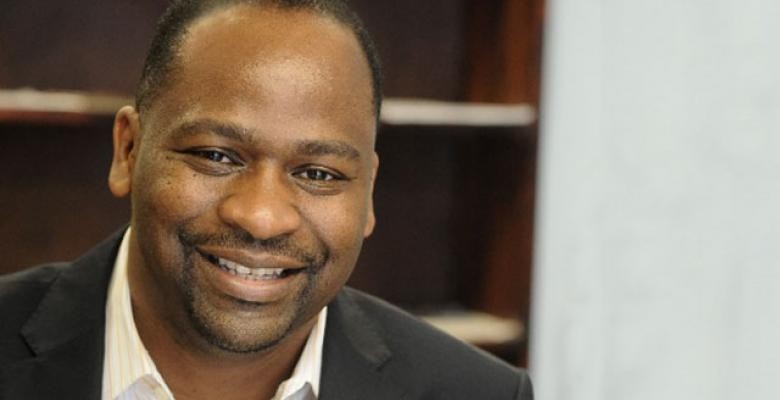Political Scientist Ponders Impact of Race in Midterm Elections

Race remains a touchstone of American politics, never far from the electoral fray, says Fredrick Harris, professor of political science and director of Columbia’s Center on African-American Politics and Society.
However, Republicans have learned that the more they inject race into the election or try to smear President Barack Obama, the more they galvanize black voters to come to the polls, Harris said.
Meanwhile, Democrats up for reelection in conservative states like Louisiana and Arkansas are trying to distance themselves from the president’s policies. In these Southern states with high-profile senatorial contests, he said, Obama’s low standing in the polls could make the difference in very close elections.
One group, however, is unwavering in its embrace of the president. “Obama remains wildly popular among African American voters,” Harris said, noting that over 95 percent of blacks voted for Barack Obama in the 2012 presidential election. “Blacks are the most loyal constituency of the Democratic Party,” he said.
Harris Discusses Ferguson
After Funeral, How Does Ferguson Begin Repair?, PBS Newshour, August 2014
But Harris noted that Republicans are far more motivated to vote in the midterm elections because they see the opportunity to win the Senate. “For Democrats, it’s more like, ‘Can we maintain the status quo?’ and for many of them, the status quo does not seem to be producing much other than inertia,” said Harris.
He sees a paradox in contemporary politics: The country that elected its first black president and saw black voter turnout in 2012 exceed that of whites for the first time in history, has also seen the Supreme Court “gut” a key provision in the Voting Rights Act of 1965, he said. Under the law any changes in voter rules and redistricting in certain jurisdictions had to be pre-cleared with the U.S. Justice Department or federal judges in the District of Columbia to ensure that they were not discriminatory. The Supreme Court ruled in 2013 that Congress must reexamine the decades-old criteria that determined which jurisdictions are covered by the act. No such congressional action has been forthcoming.
As a result, Harris said, there may be less voter participation and political representation in certain states in the South. “My fear particularly is for state legislatures and some city councils in small towns and rural areas in the South.”
While the shooting of an unarmed black 18-year-old in Ferguson, Mo., has elevated the issue of police conduct within minority communities to the national agenda, its electoral impact is hard to gauge, Harris said. It could play a role in shaping the Democratic political agenda, but probably not until the 2016 presidential election cycle. Since black voters comprise a fifth of the Democratic primary electorate, some Democratic primary voters will likely be asking the presidential candidates questions about how to ameliorate this problem.
Voting, of course, is only one tool of political expression – the shooting in Ferguson has led to marches, packed city council meetings and traffic blockades in the St. Louis area. But it’s hard to know what to make of such activism, he said. “Predicting social movements is far more difficult than elections,” Harris said.
Harris said that Ferguson made it abundantly clear that the United States is not a “post-racial” society, as some said after Obama was elected. He said that while overt racially discriminatory acts have declined since the 1960s and legalized racial discrimination has disappeared, racism today remains subtler and at times “subterranean.”
“We live largely in a post-racist society, not a post-racial one,” said Harris.